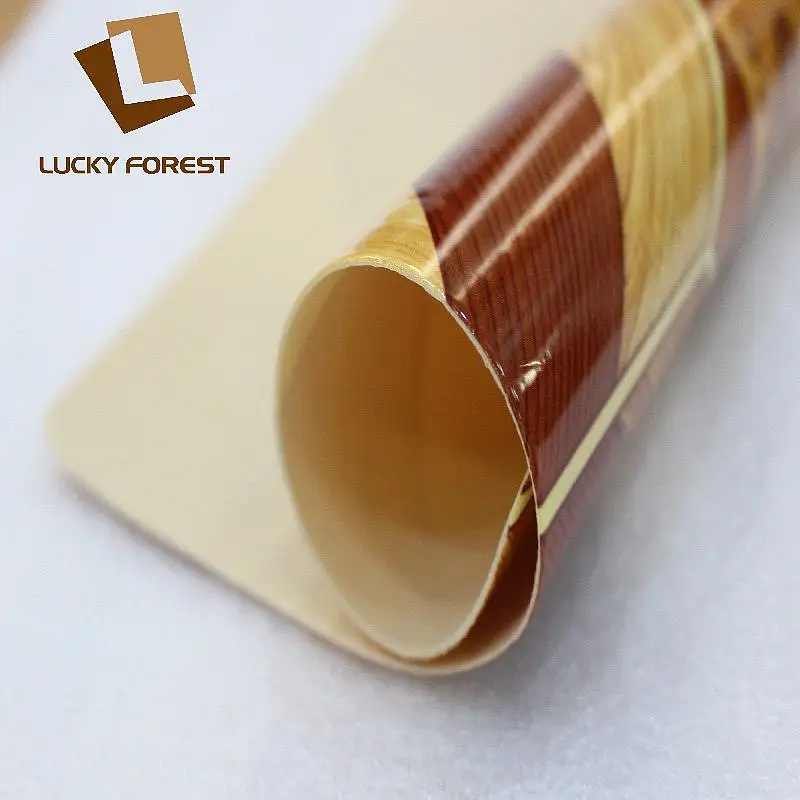So why does vinyl thickness matter?
Before you can make a decision on what’s best for your home or office, you’ll need to ask yourself the following questions:
- Where is it being installed?
- Will there be a lot of foot traffic?
- What type of subfloor is it going on top of?
- What is the condition of the subfloor?
- What type of vinyl are you choosing?
Thicker vinyl doesn’t make it more durable
This is very important to understand. Just because vinyl is thicker doesn’t make it more durable, this is what the wear layer is for.
The wear layer is what protects your vinyl flooring from surface scratches, dents, stains and water damage.
Generally speaking, you’d want a thicker wear layer in high-foot traffic areas, such as the kitchen, living room, waiting rooms, hallways and around the office.
If you’re looking to add comfort in a low traffic area such as the bedroom, a thinner wear layer but having a thicker vinyl plank/tile or sheet will provide extra stability and comfort underfoot.
Vinyl flooring thickness ranges from 2mm to 8mm+ with the higher end of the spectrum mainly used in commercial spaces, which are subjected to heavy foot traffic.
In this case, the thicker the plank/tile, or sheet, the sturdier it is. The rule of thumb is to use 4mm to 6mm thickness in heavily used areas of the house and 4mm and below for areas like the bedroom.
How does the subfloor affect vinyl thickness?
The condition and type of subfloor can play an important role when it comes to choosing the thickness of vinyl. For concrete subfloors, ensure they have been thoroughly cleaned and there are no uneven sections.
Subfloors that contain bumps, dirt or sunken areas can affect the appearance of the vinyl over time. Opt for a thinner vinyl flooring, as concrete provides plenty of stability and support.
If your vinyl is getting installed over wood subfloors, you will need to add an extra layer of wood that is a minimum of ¼” thick. Give it a clean, making sure there is no dust or debris. We recommend choosing thicker vinyl for added stability and support.
If the subfloor are tiles, such as ceramic, porcelain or terrazzo, you’ll need to make sure there are no loose tiles and that the surface is levelled. Thicker vinyl is recommended.
Types of vinyl flooring
To throw some confusion into the mix, there are several types of vinyl flooring to choose from, which will impact your decision on thickness and durability. Thanks to modern advancements in vinyl technology, it has become one of the most popular floor types amongst Aussie homes.
From luxury vinyl planks and tiles made to mimic genuine hardwood and natural stone to being 100% waterproof and fade resistant, and sturdy rigid cores for commercial use, there’s something for everyone when it comes to vinyl.

